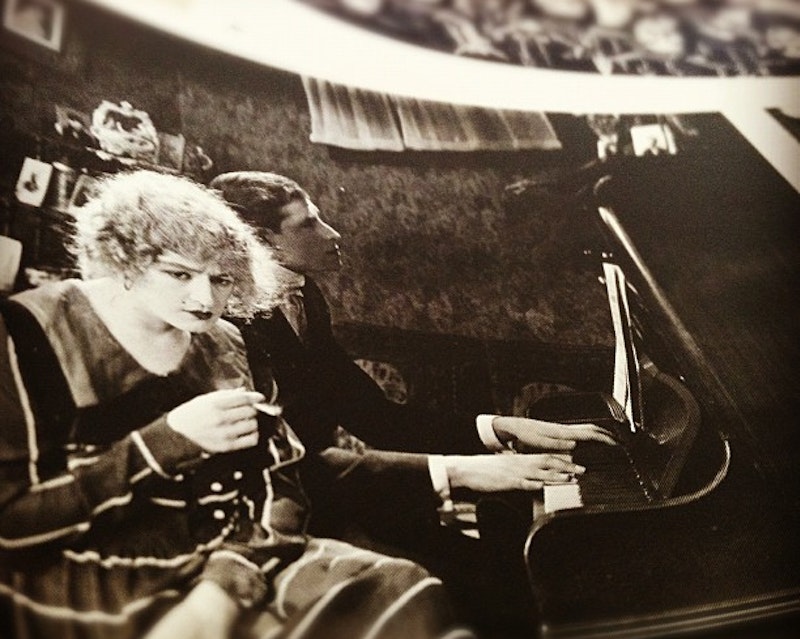Kevin Shields: Anything could happen.
Ursula K. Le Guin: You just suggest something.
KS: So people's imaginations are dragged into the equation.
UKLG: It becomes an obsessive game.
KS: Yeah. But then you burn out.
UKLG: Out of middle-class guilt, out of human guilt for what we do to each other and everybody else. But you know how it is.
KS: Just crappy house music.
UKLG: I don't know. It may just be a refusal to take the counsel of despair.
KS: That's what happens when you don't sleep much.
UKLG: Well, I never thought of it that way because I’ve only lived under late capitalism.
KS: Yeah, well, it definitely wasn't about drugs.
UKLG: I had some problems with that in my teens.
KS: I felt like I was on holiday. I was just really meticulously scratching the top layer off this scratchplate with a razorblade. Unbelievable.
UKLG: Well, pure happiness is such an endangered thing.
KS: So if you let go it would practically fall off.
UKLG: Human nature is whatever human nature is.
KS: A darker sound.
UKLG: These people just don't have a chance.
KS: Their production values, their attitudes, everything they were doing.
UKLG: I always compare it to the Baroque music period, where they’re all borrowing from each other like crazy and they’re all building the same house.
KS: They fight with each other.
UKLG: They draw islands or maps or places with the roads and the cities and the marshes and mountains and so on.
KS: There were no pitch wheels or anything, just up and down buttons which we sat there pressing frantically.

